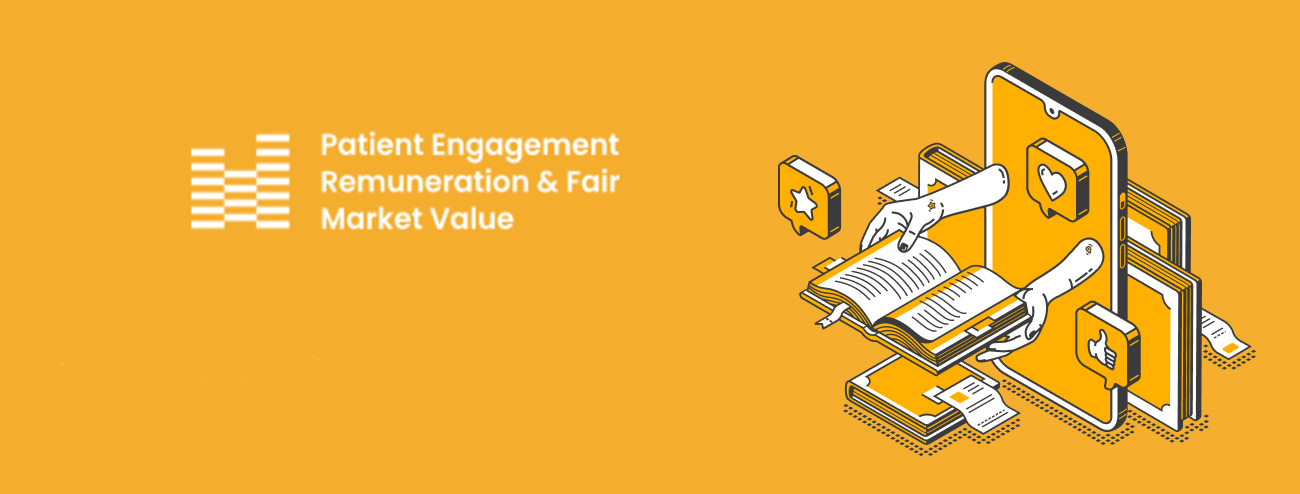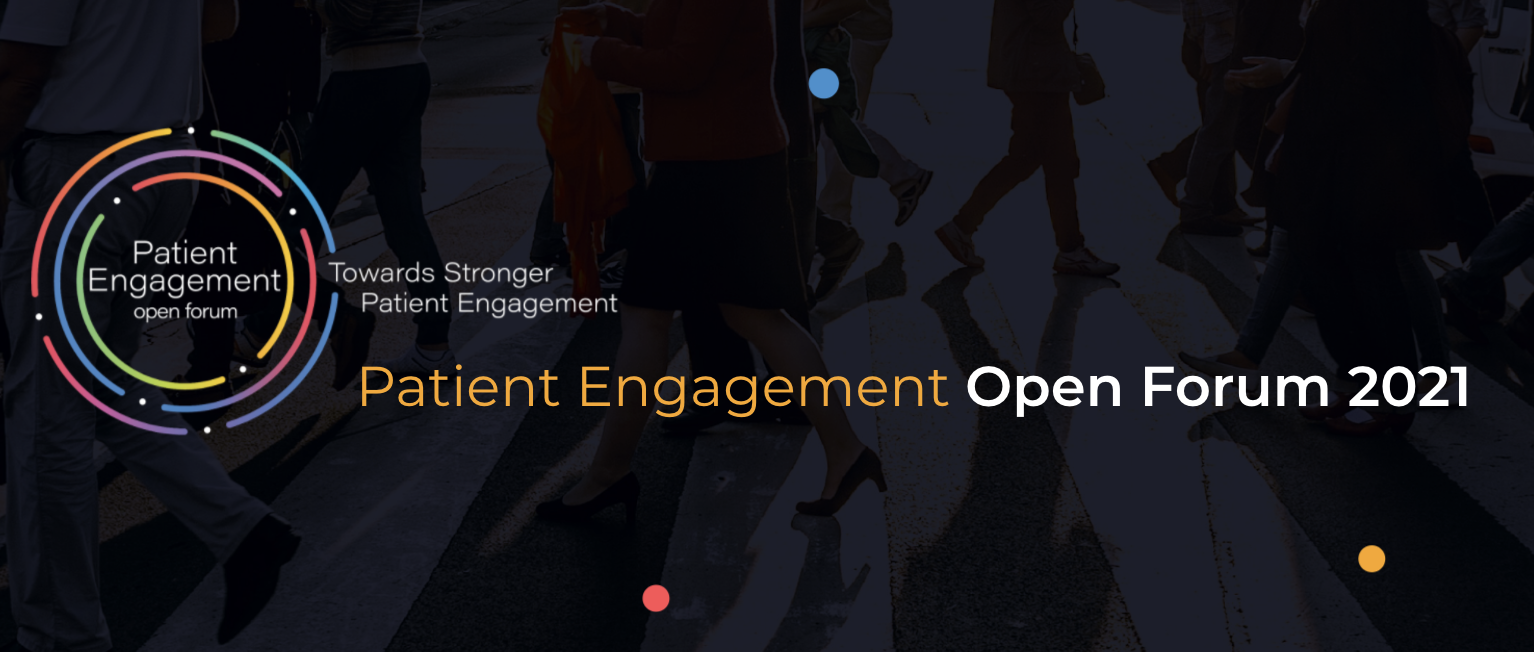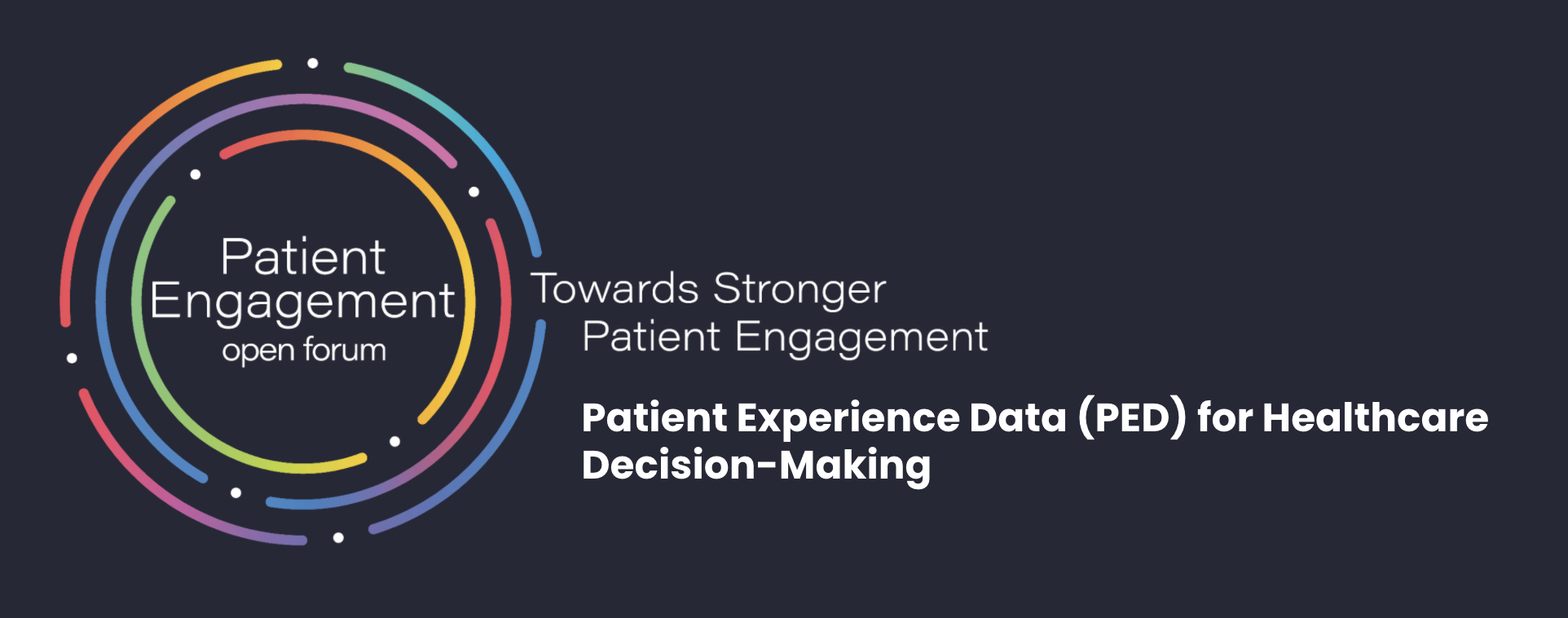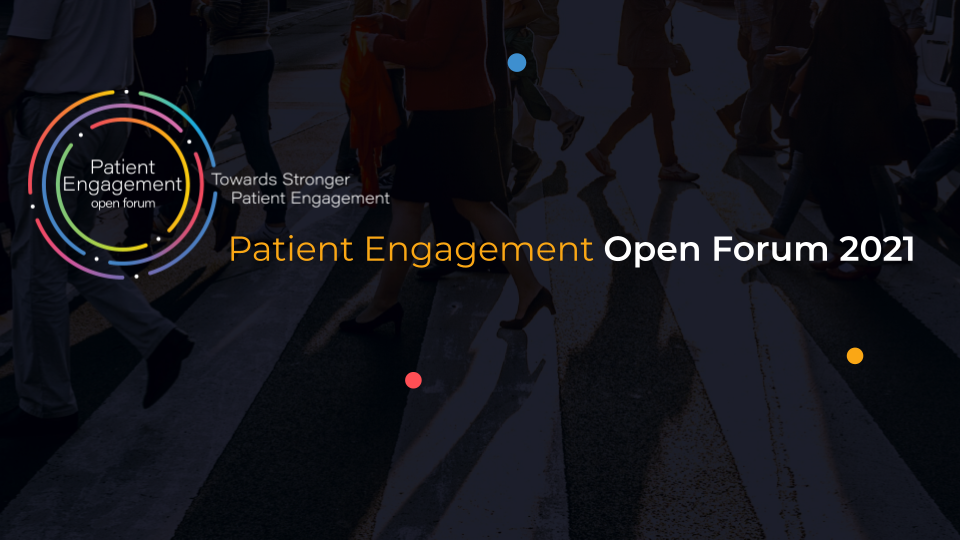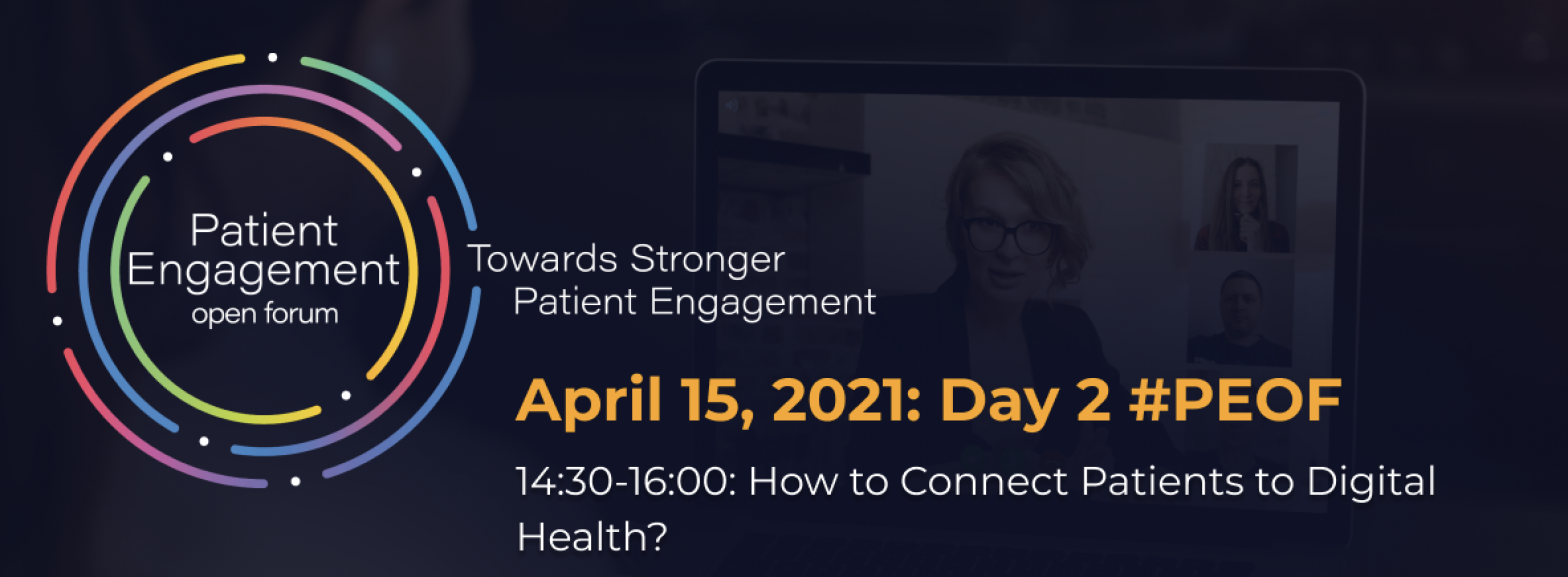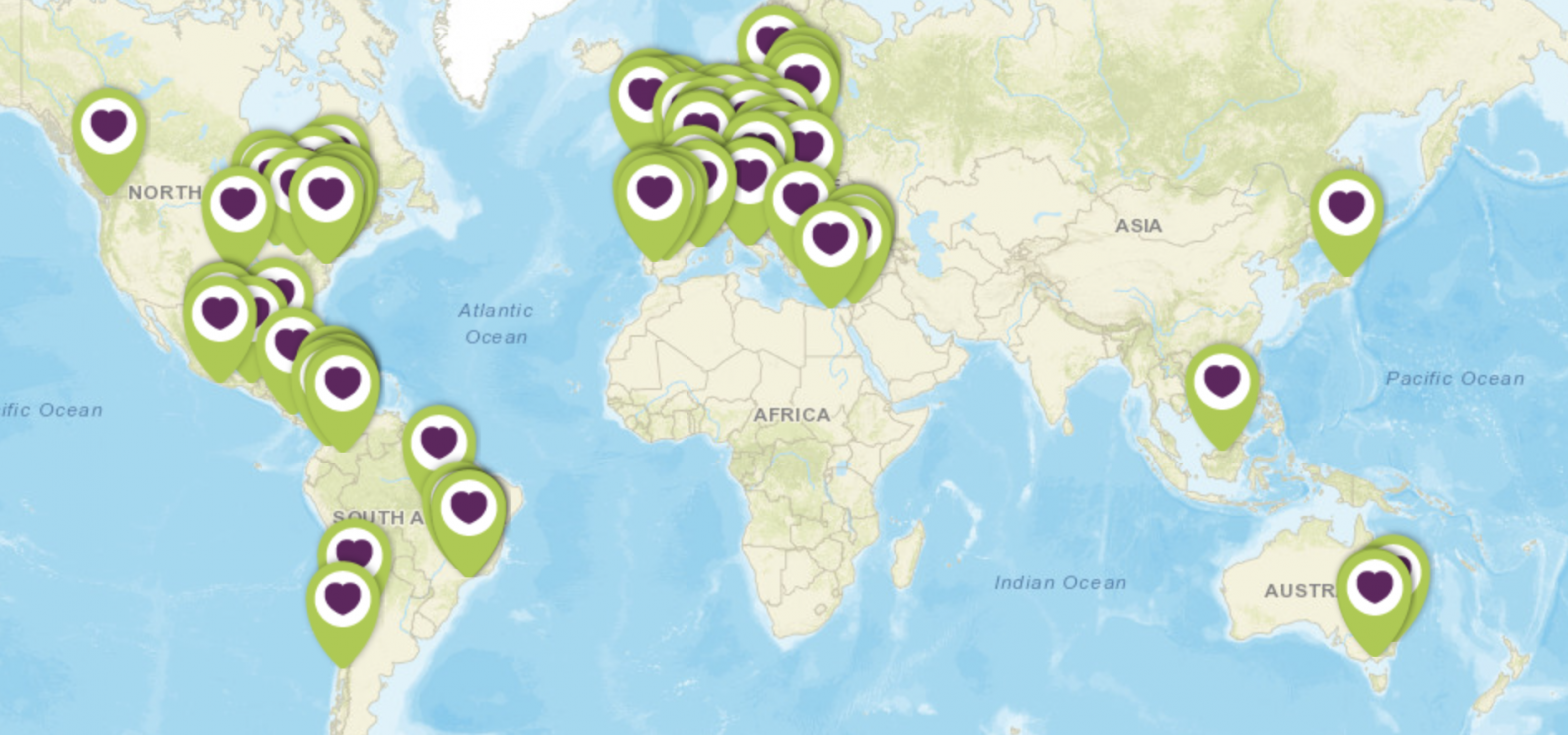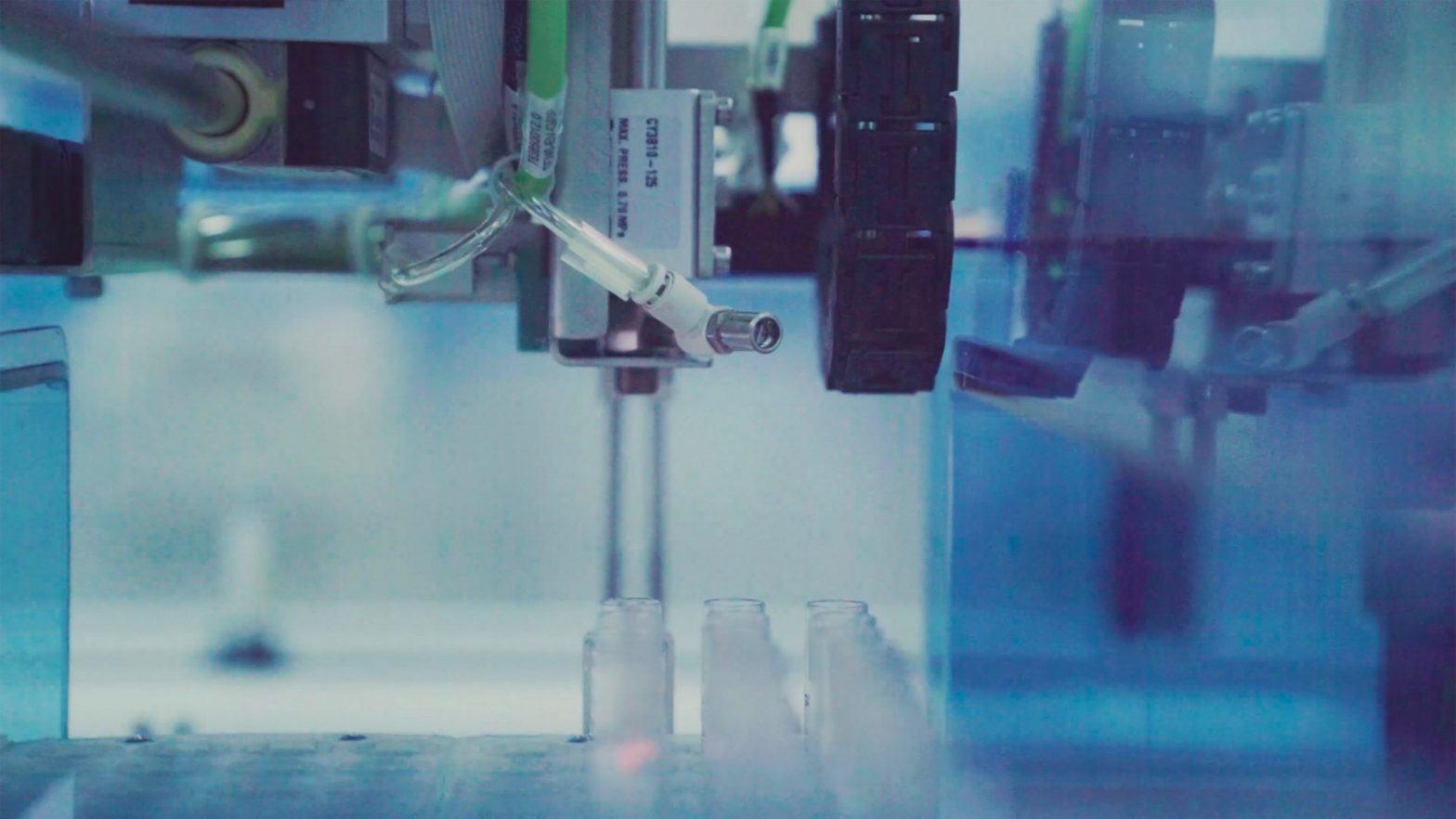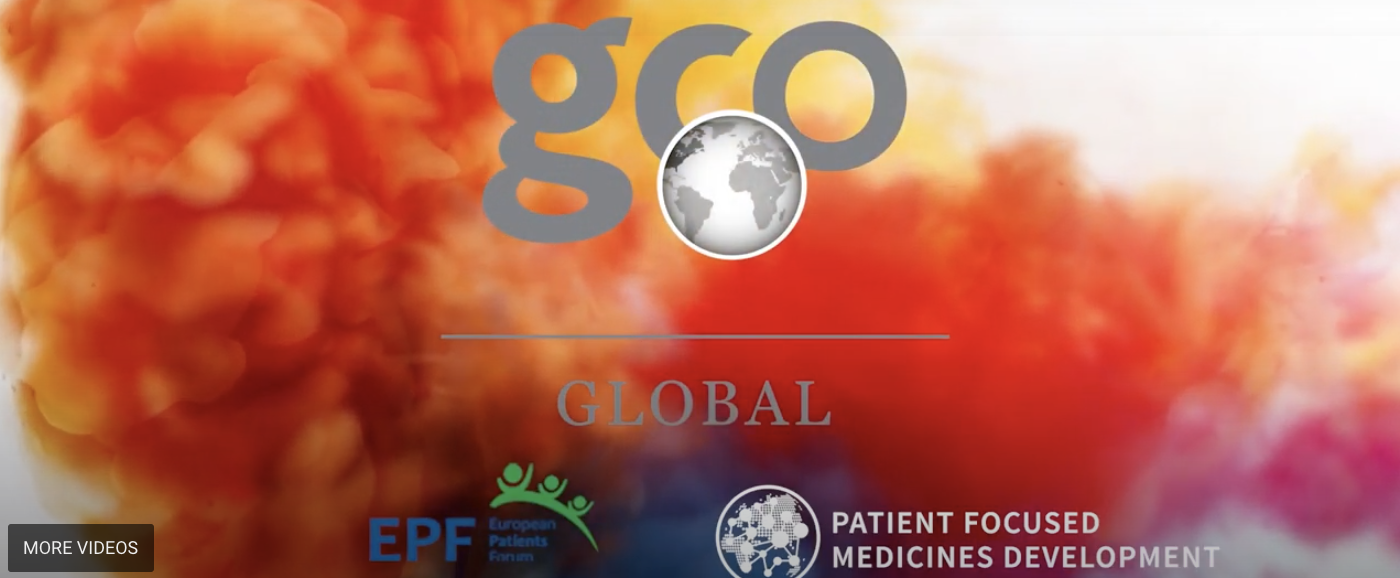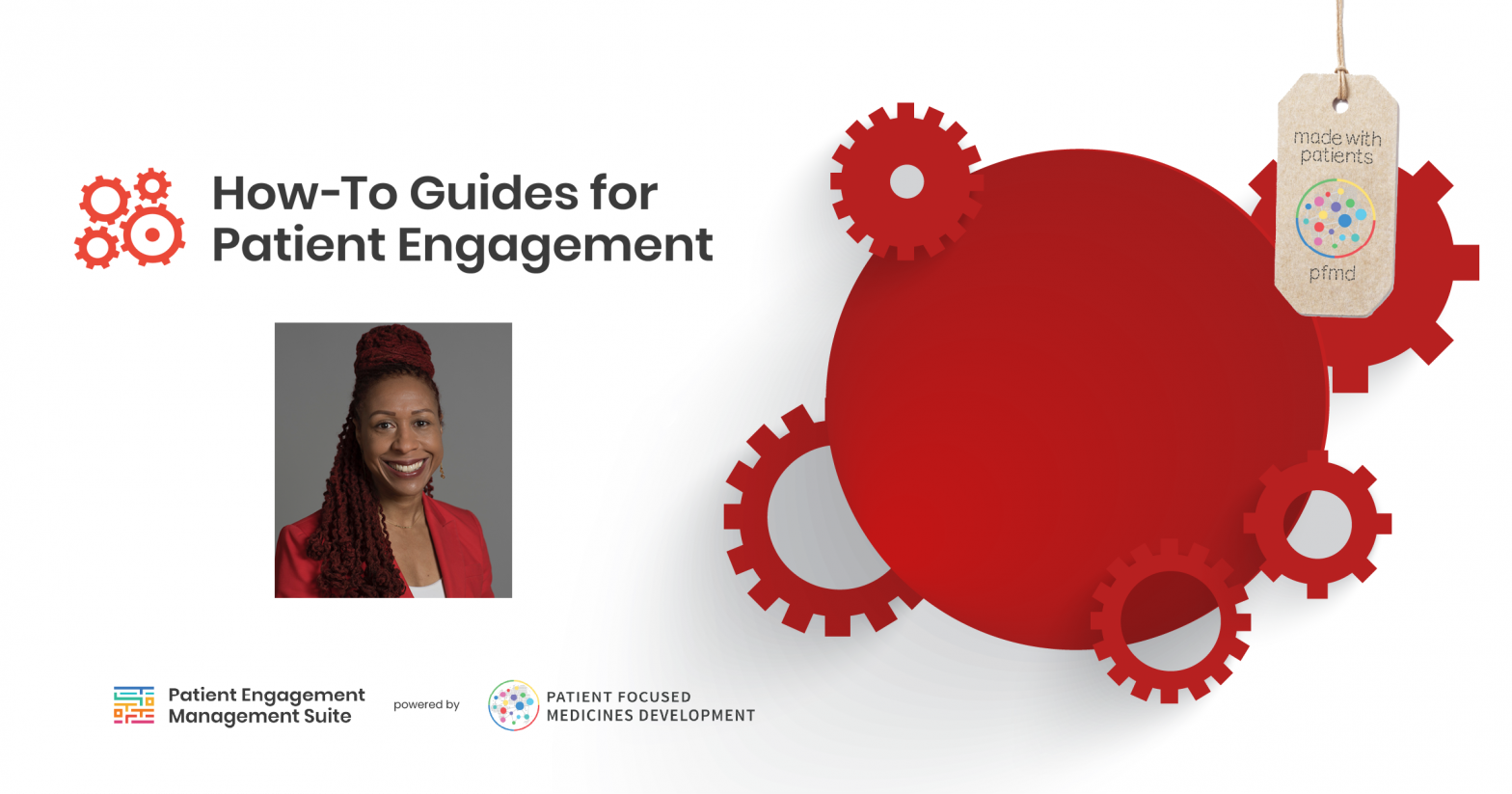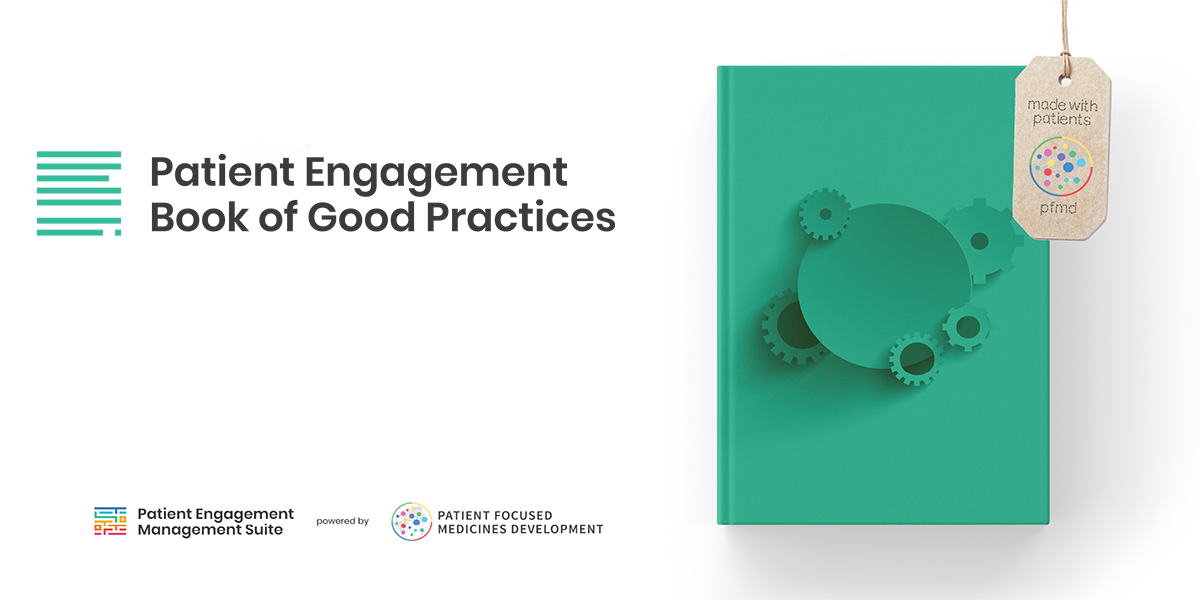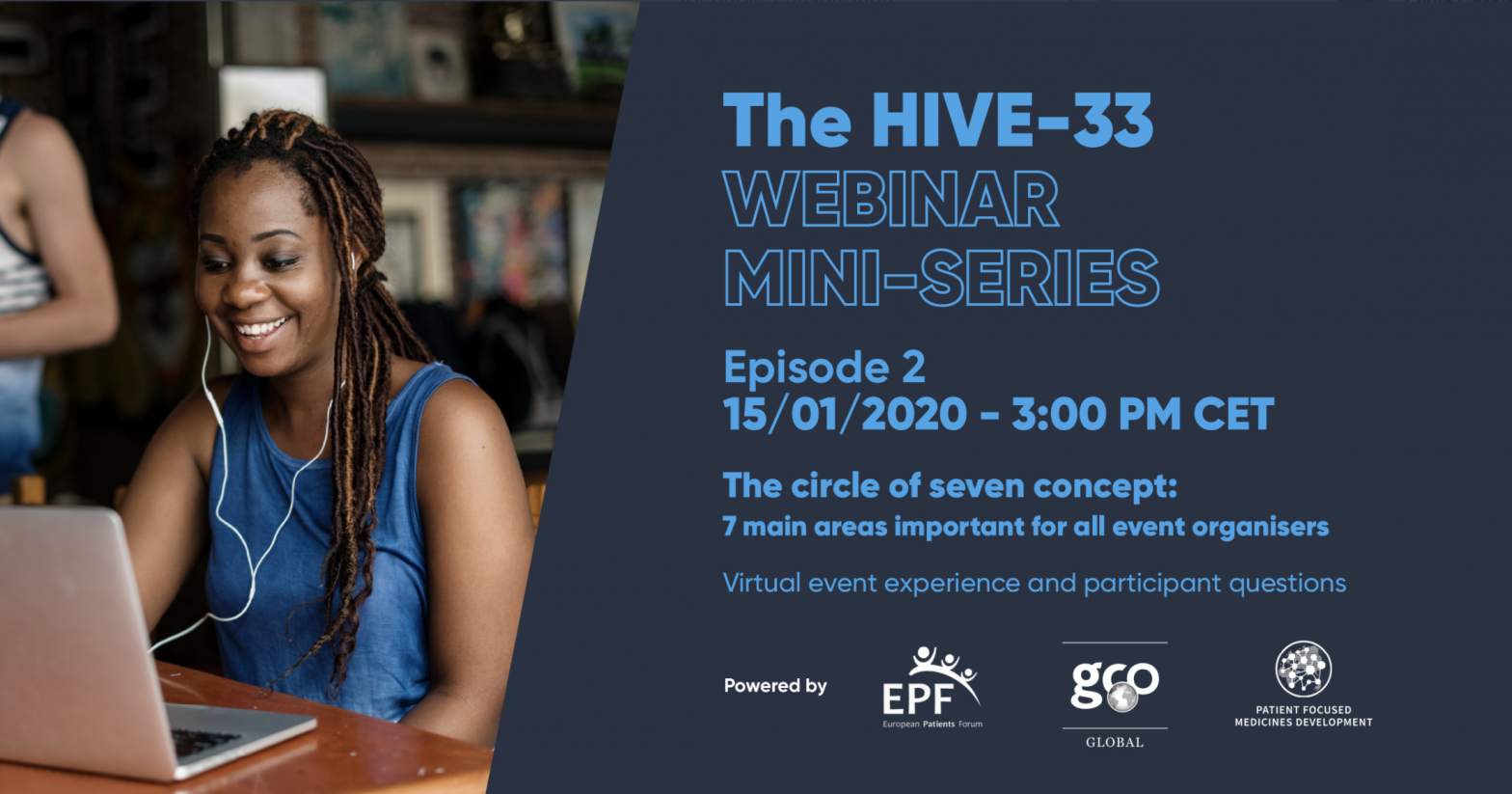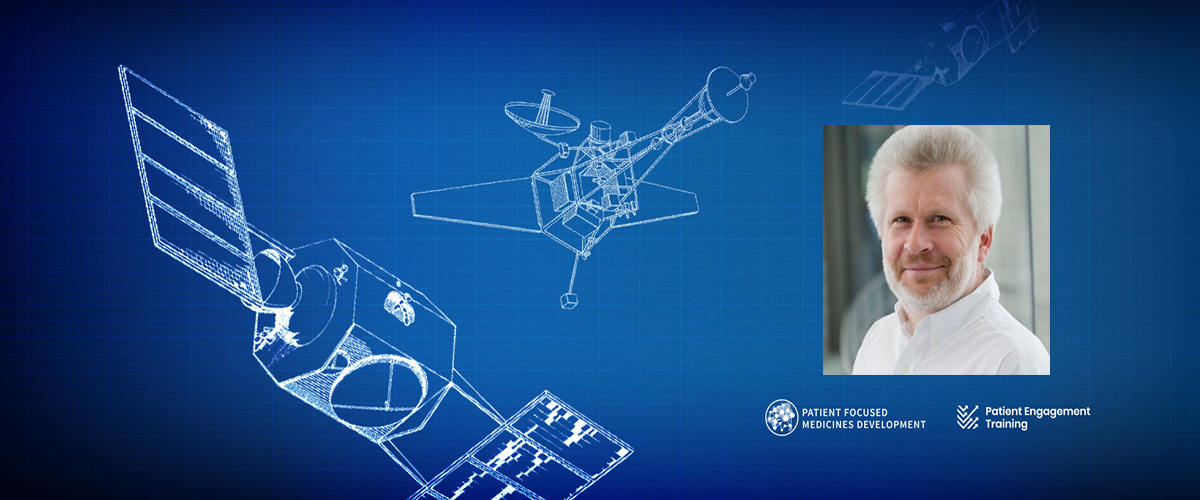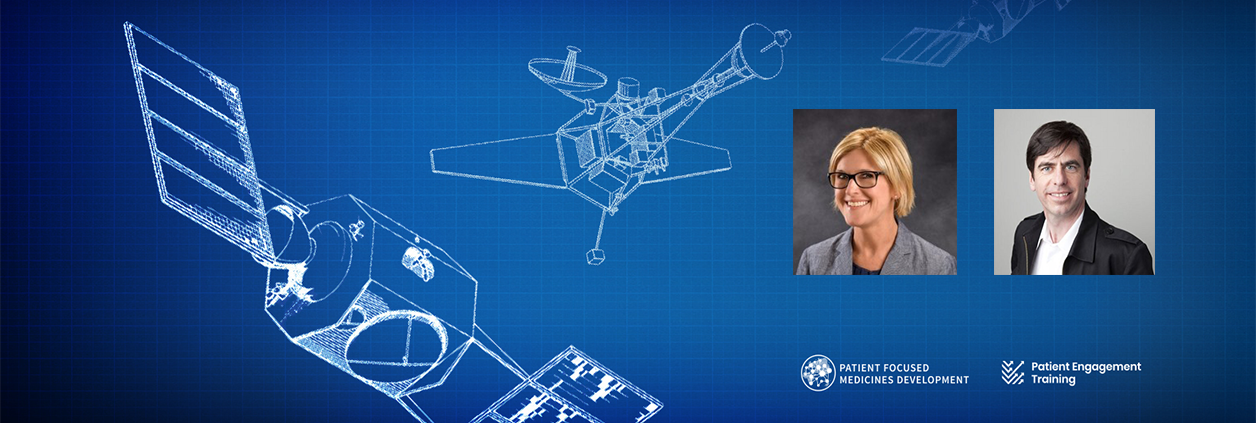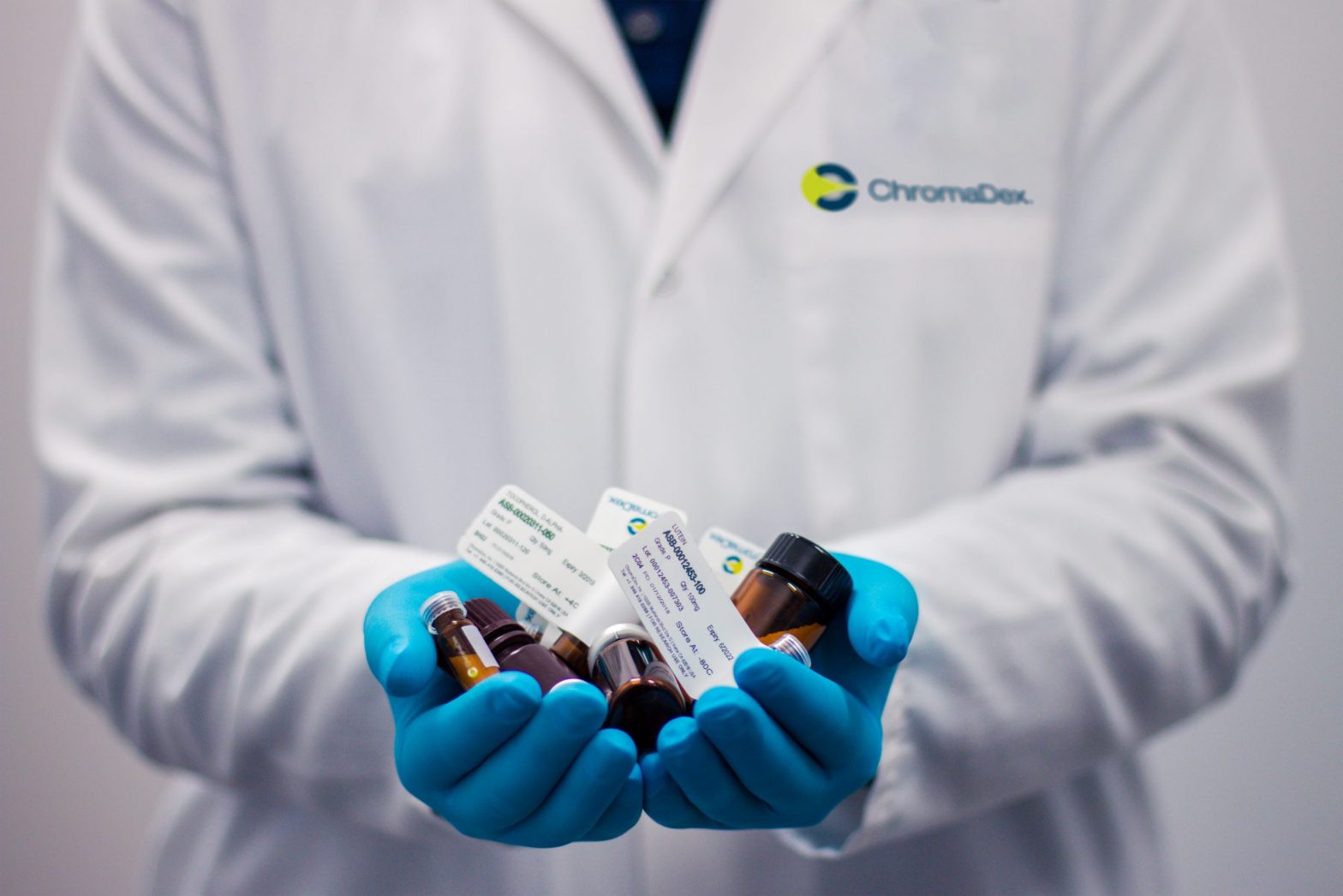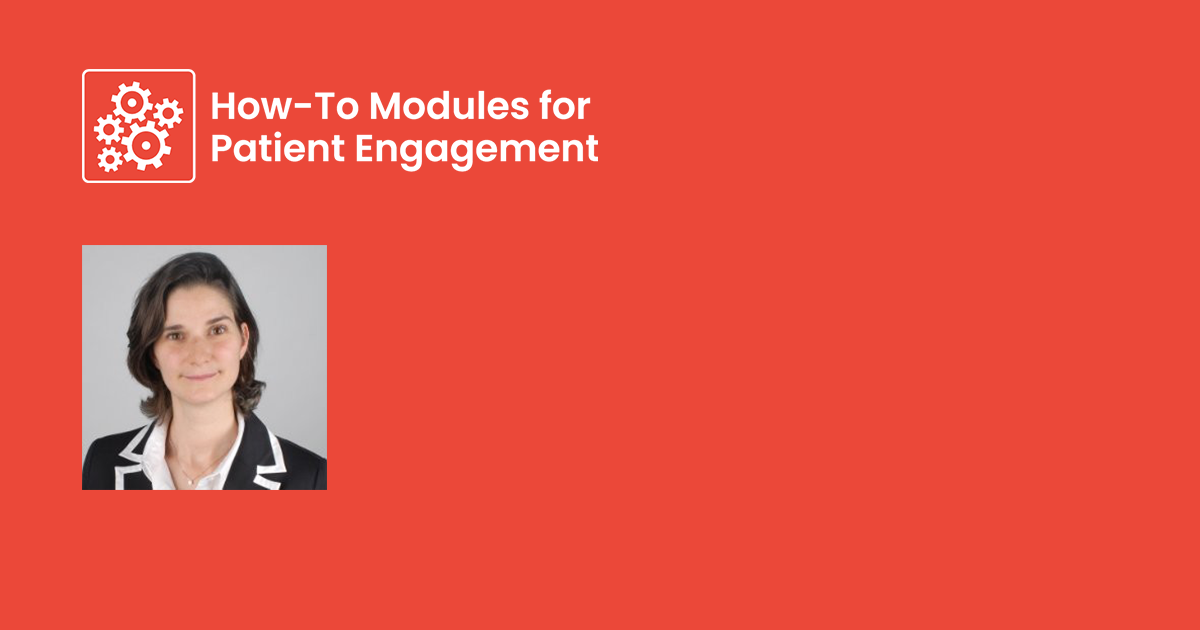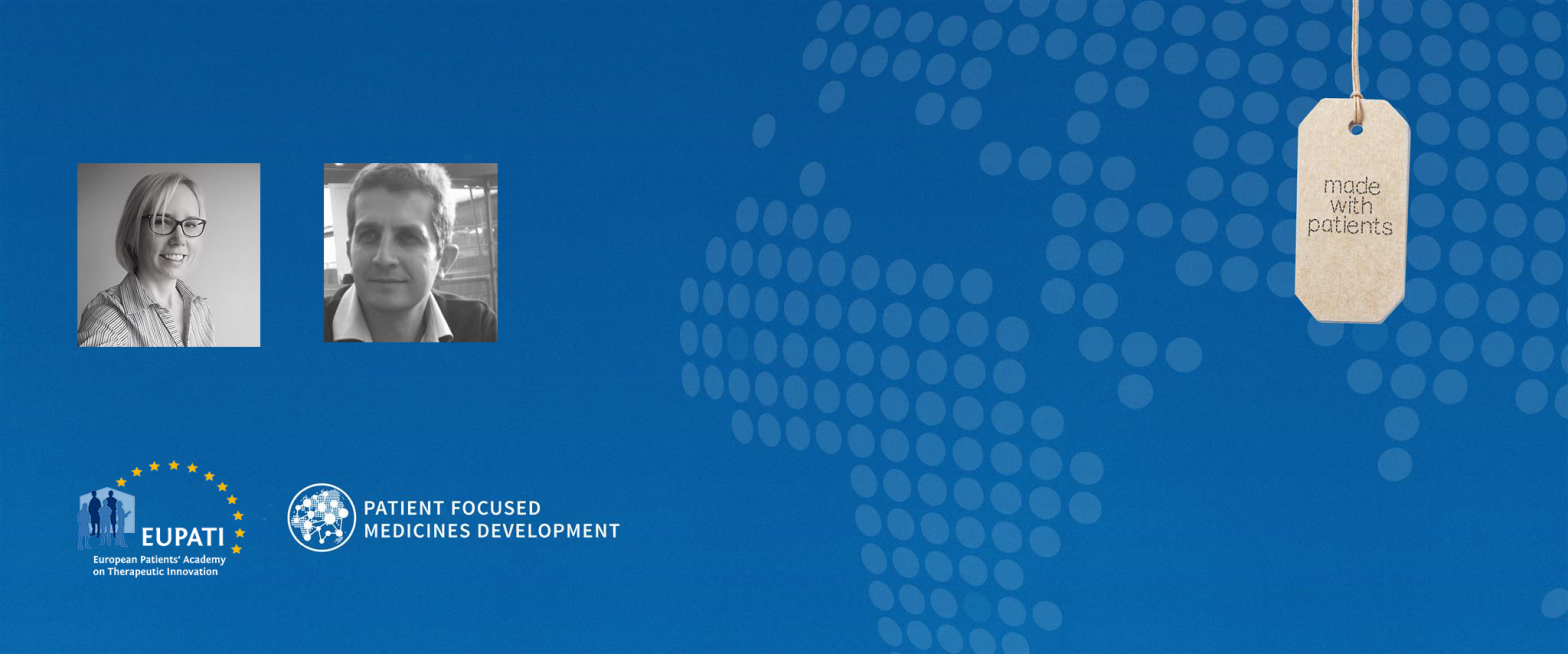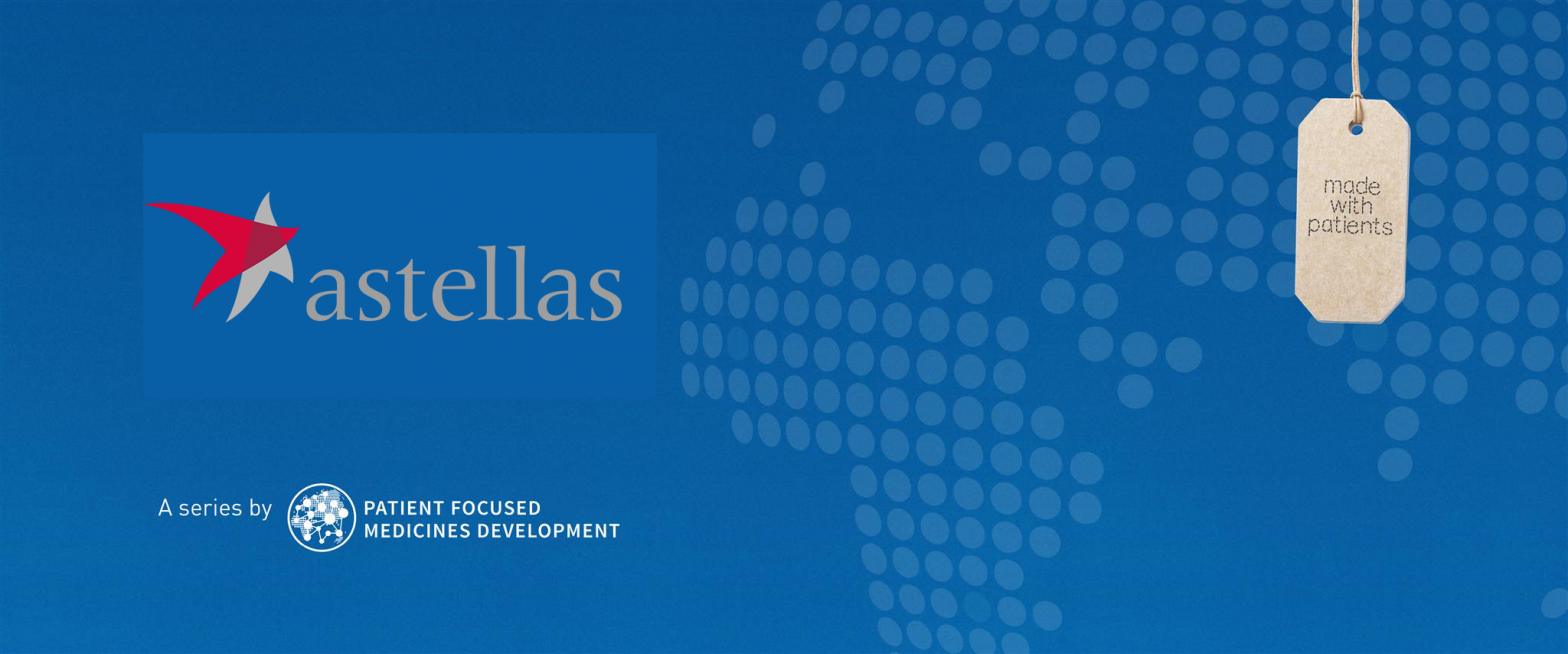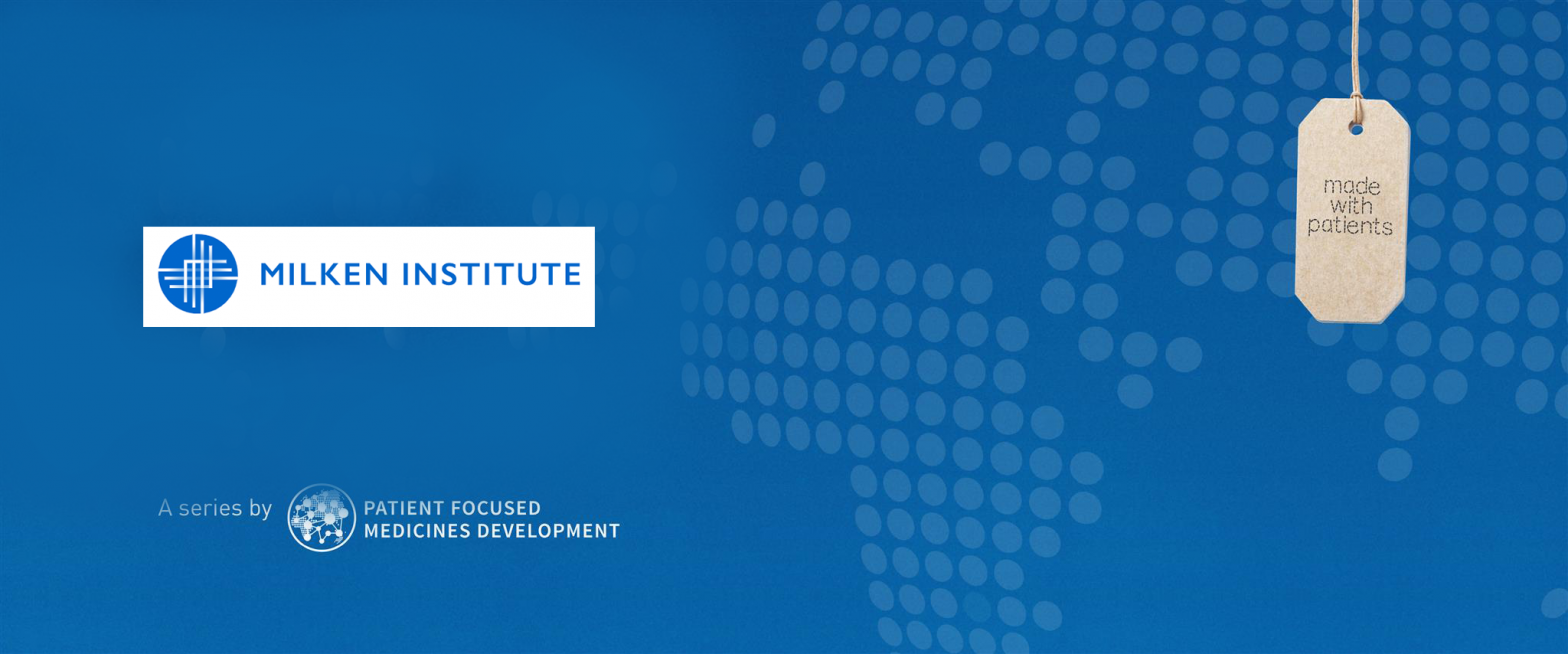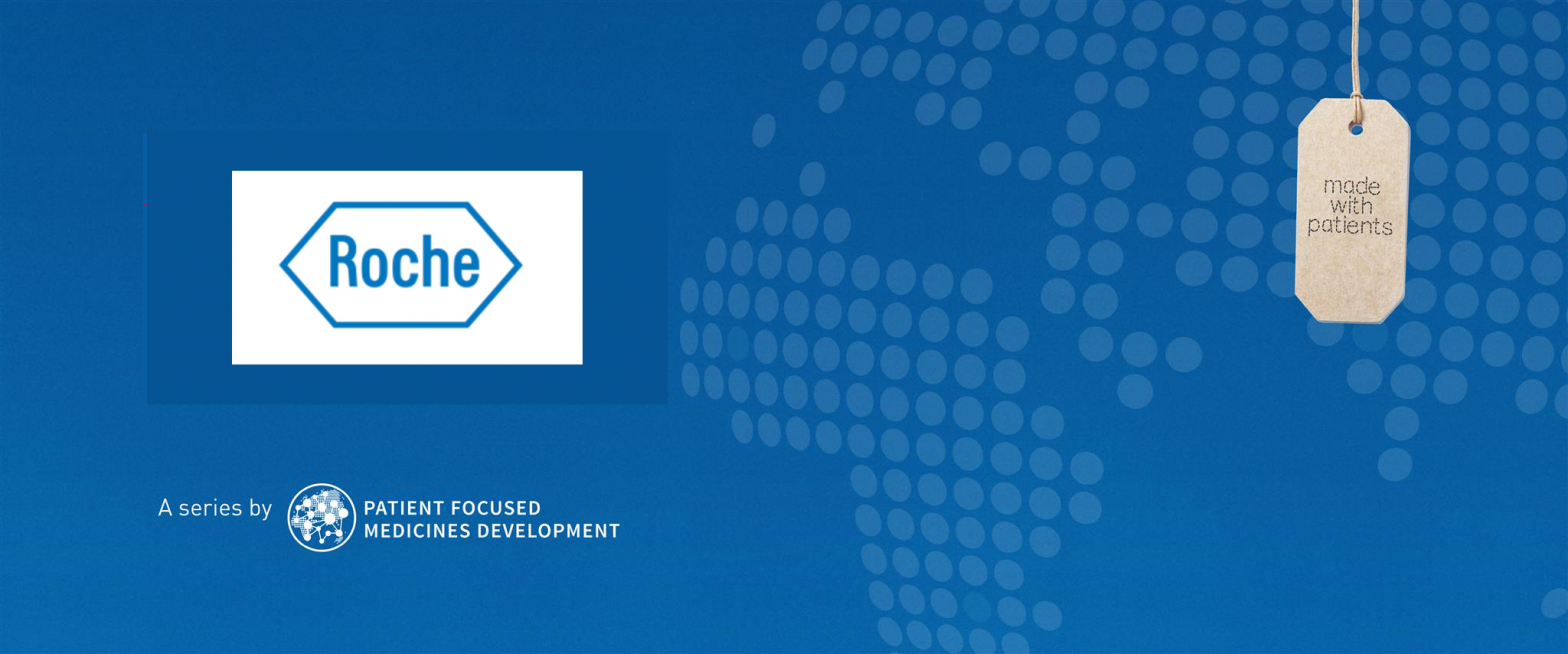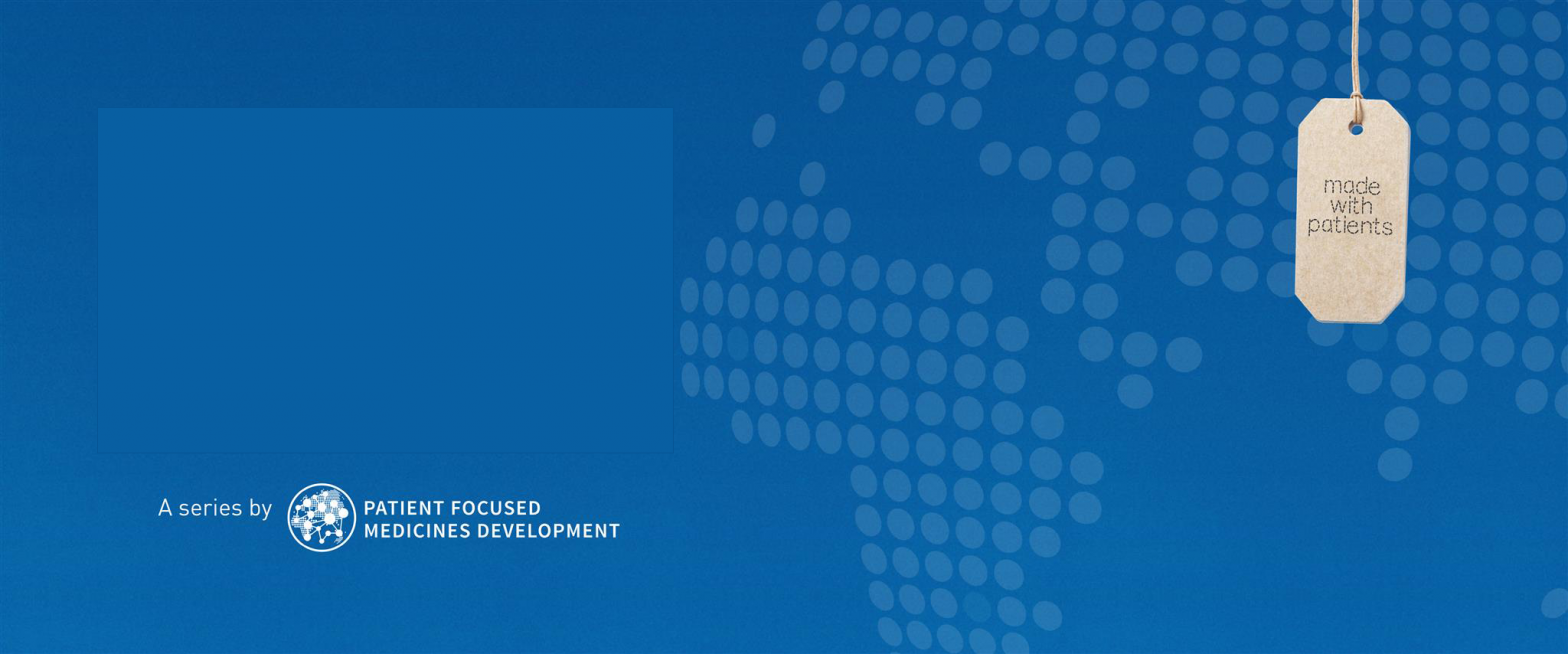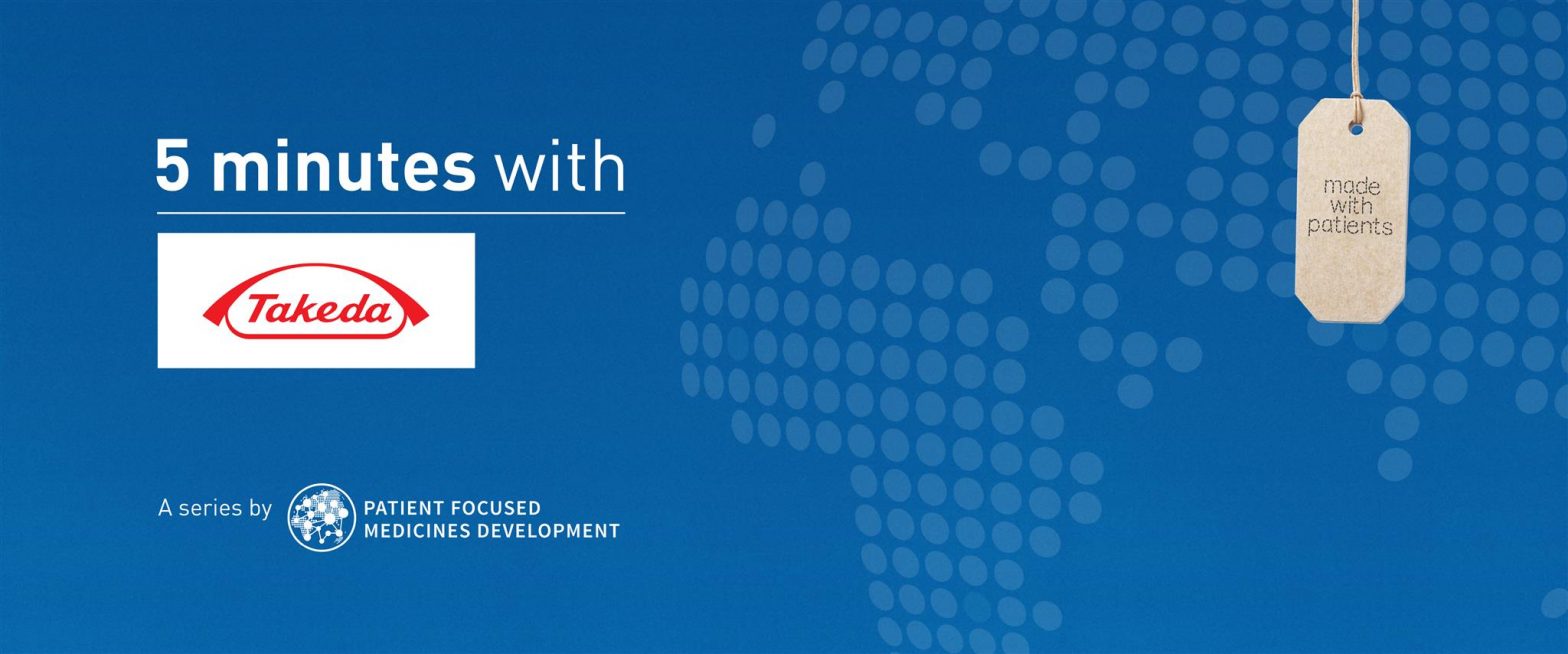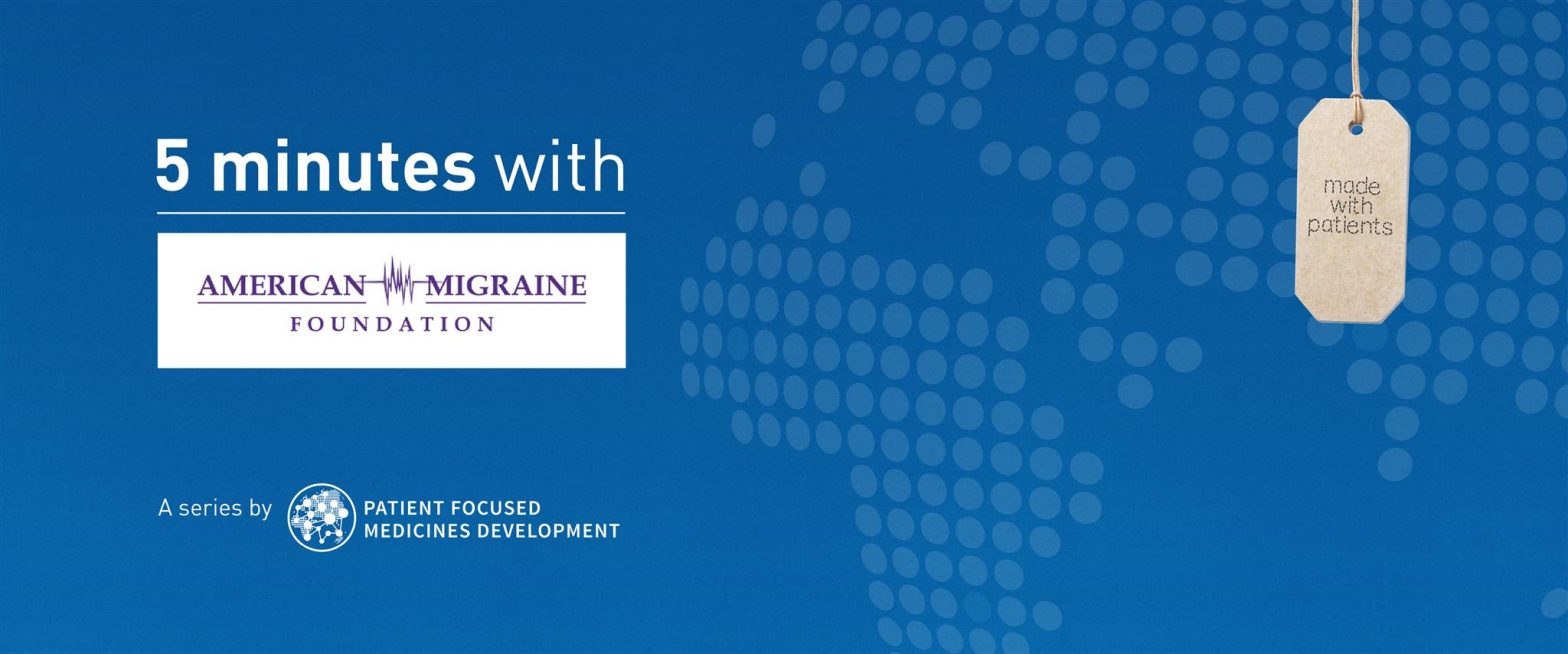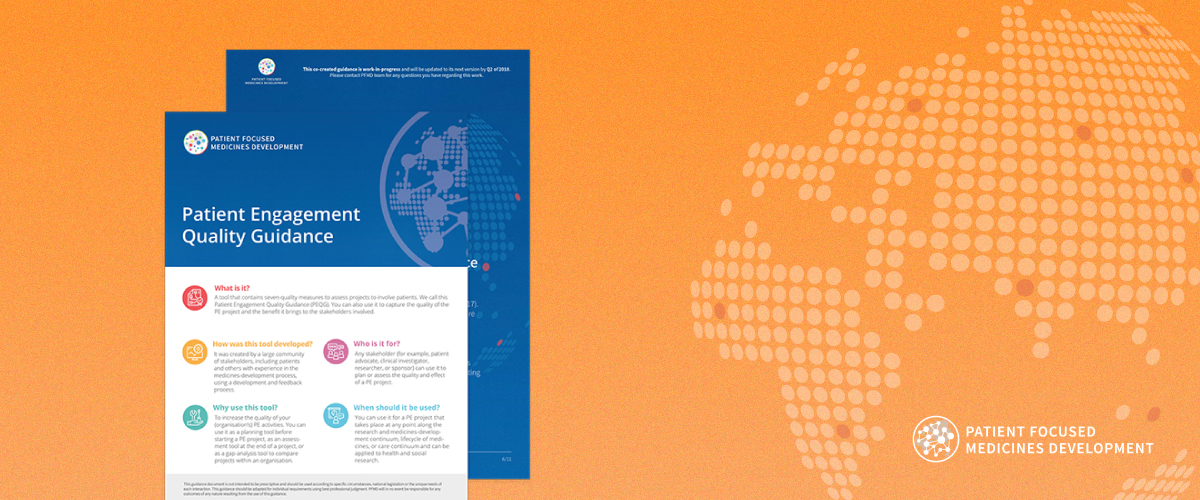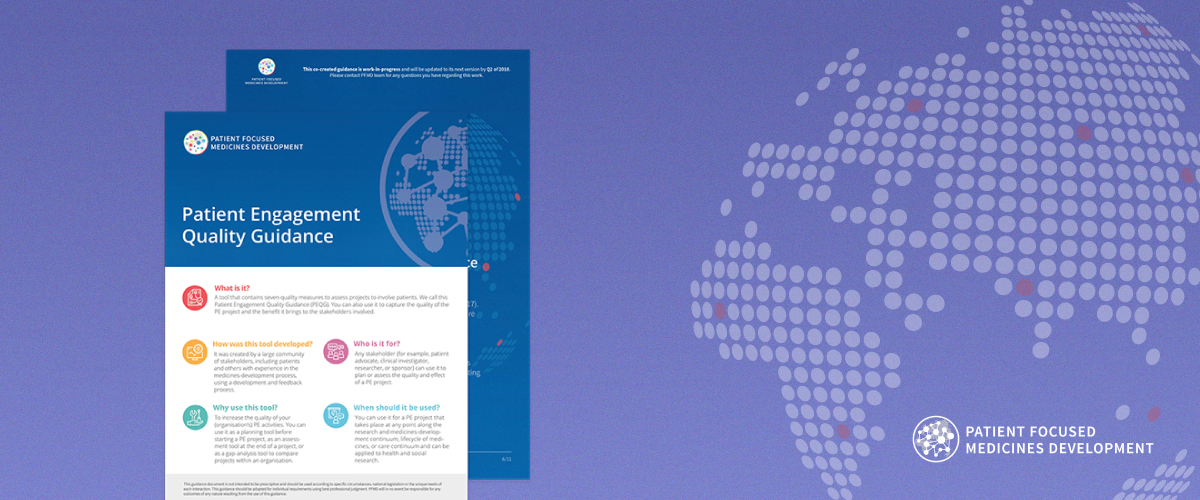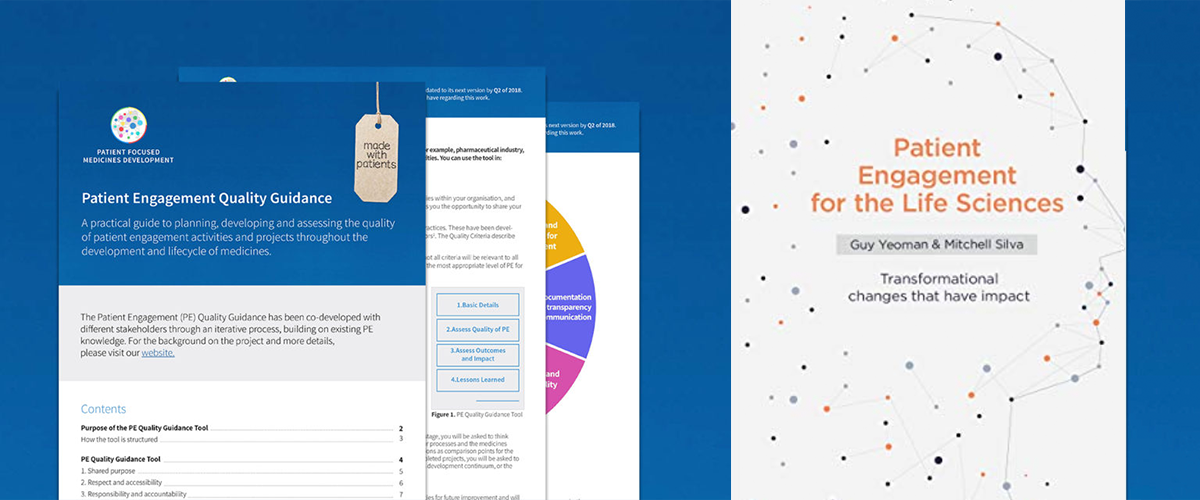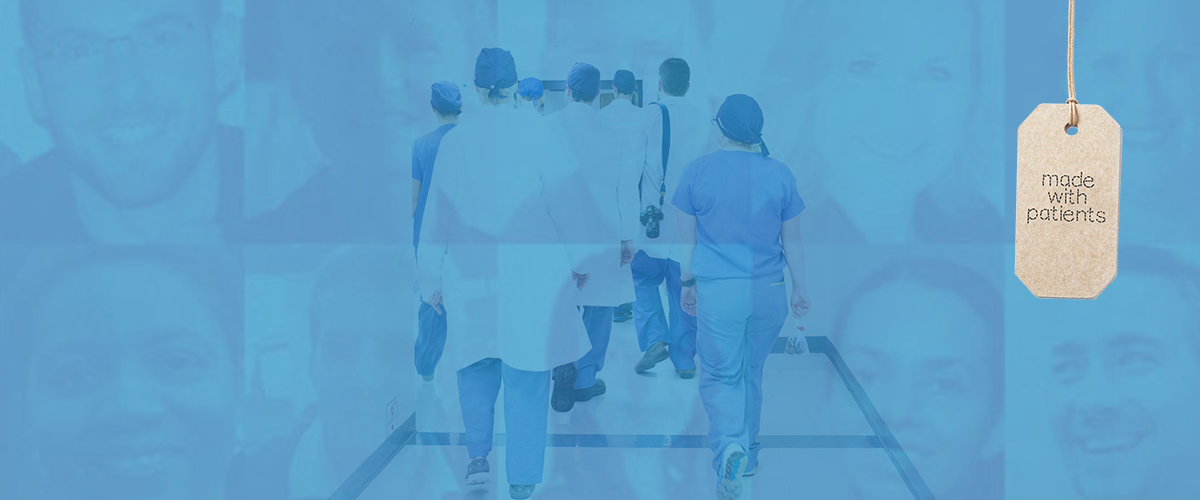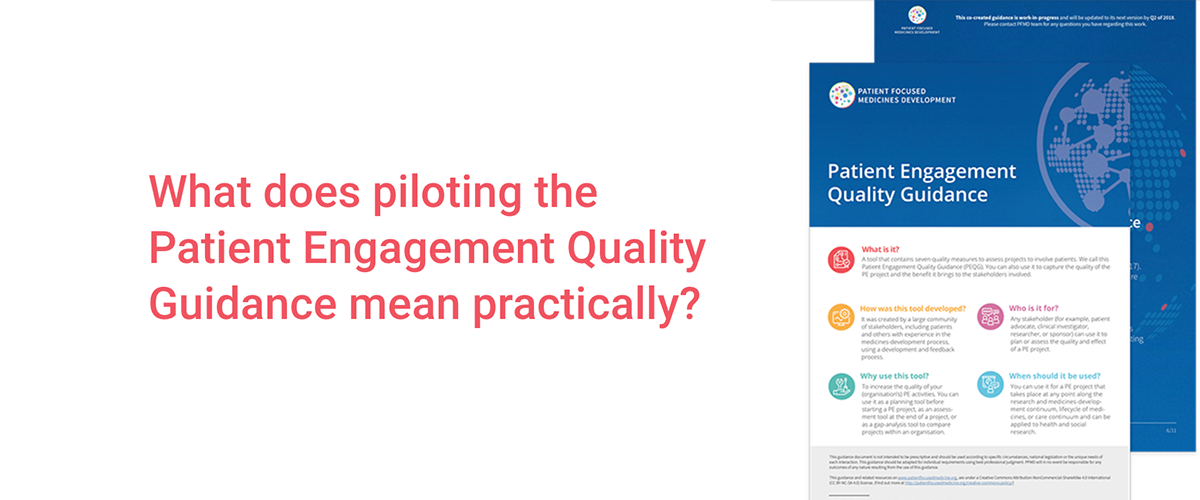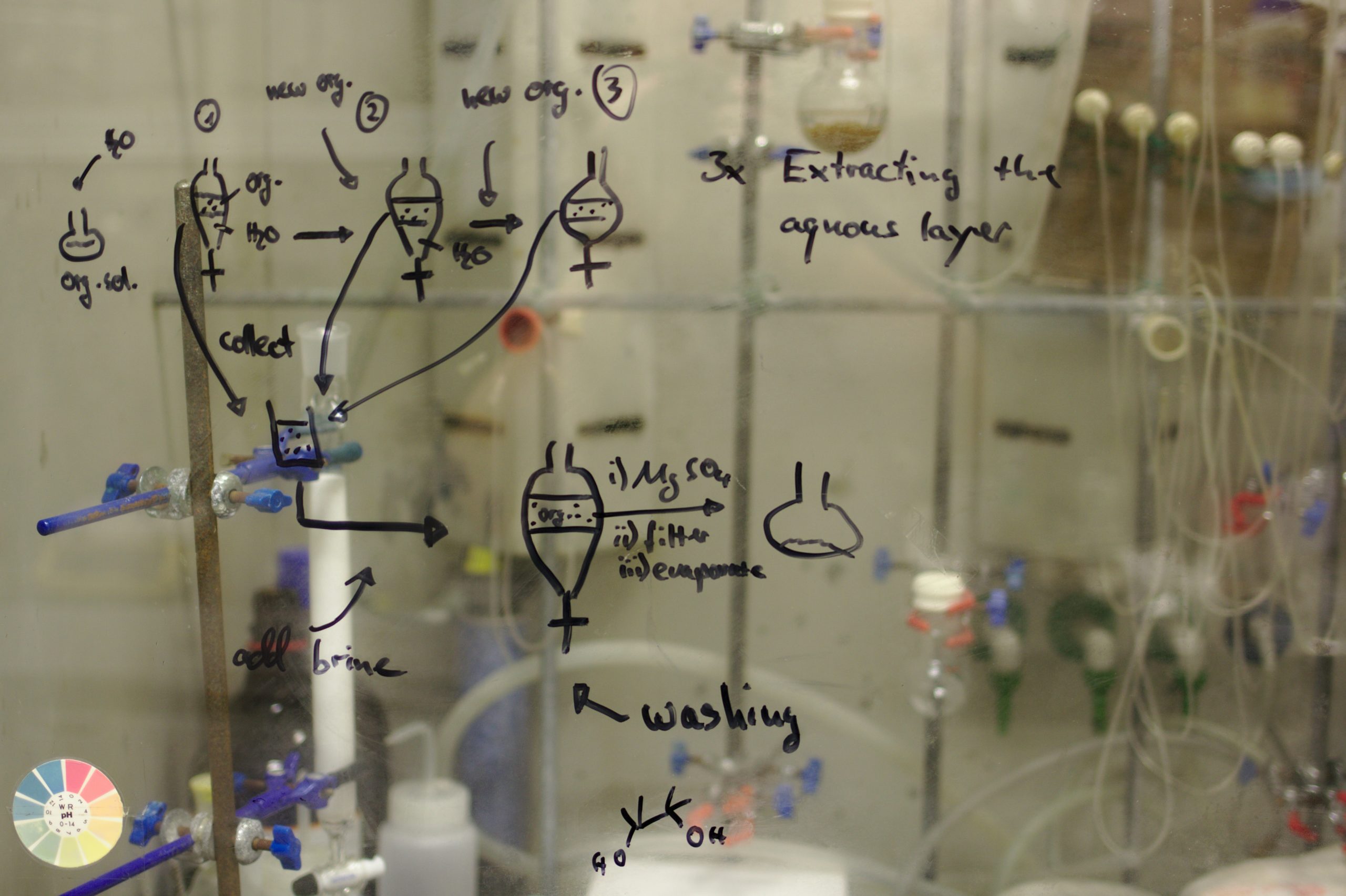Research studies following groups of individuals can answer vital medical questions, such as why people suffer from a health problem; or what determines recovery. They are, however, expensive and cannot always be applied broadly. Synchros, a new EU project, aims to change that.
Long-term research projects play an important role in understanding health and wellbeing. By tracking a group of people over a period of time, these studies are central to population health and to fast-growing areas such as personalised or precision medicine and rare diseases research.
The key characteristic of cohort studies is that they follow, over time, a group of people with something in common. Longitudinal population studies, for example, collect information about people in a certain geographic area (a region of Norway, for example) or a group of people living with a particular disease (childhood diabetes, perhaps).
In some studies, there is an intervention – a new treatment may be offered – while others simply collect large volumes of health, social, economic, demographic and other data. This information can be used to identify patterns and understand the impact of diet, environment, income, access to healthcare and much more besides.
Size = significance
The value of this kind of research depends on the size of the cohort (i.e. how many people are included), the quality of the data, and how it is collected. As we enter the era of big data in healthcare, there is enormous potential to get more from cohort studies.
For example, if data were collected in a uniform way, and study methodology harmonised, it would open the door to pooling results. Not only would this make research findings more broadly applicable, but it could also dramatically increase their statistical power by incorporating more patients. Researchers in Norway could share data with scientists in Poland, the Netherlands or the UK.
However, there are practical, methodological, ethical and legal challenges to tapping into this well of information. Overcoming them would be a major boost for research and patients, particularly cohorts which have, in the past, been neglected due to their small size. Pooling data brings statistical significance by delivering scale.
Using resources efficiently
A large number of resources are employed to conduct cohort studies across the world. However, many studies are designed and conducted in silos and data merging is more the exception than the norm. Pulling data from different studies will achieve efficient use of resources and will allow achieving the numbers needed for significant analyses.
Shared solutions
The Synchros project, a three-year EU initiative, aims to address these challenges by bringing together researchers, patients and other key stakeholders. It will map the European and international landscape of cohort studies, identify ways of integrating existing data, and search for solutions to address the challenges of connecting data from the patient, clinical trial and population cohorts.
PFMD recognises the urgent need for a global, universal approach to optimising cohort study data. There is enormous potential in this area for bringing patient voices to the conversation. We will play our part in ensuring that the strategy produced by the Synchros project in 2021 benefits from ongoing advances in the field of patient engagement.
PFMD’s parent organisation, The Synergist, is a leading member of the Synchros project. In addition to bringing deep knowledge of collaboration on societal and health issues, the team will develop a strategy to maximise the value of cohort data – including data from new and emerging technologies.
This collaboration is a natural fit. Synchros has the power to bring benefits for patient populations where The Synergist is already active such as rare diseases, safe motherhood, and patient engagement. The Synergist is a partner in the Share4Rare project, IMI Conception and IMI Paradigm – as well as delivering PFMD.
By making cohort data work for more people and patients, Synchros could be a key enabler in the future of rare diseases research, the management of health issues during pregnancy, and patient involvement in shaping and delivering medical research.
We look forward to supporting the project and disseminating the results of this valuable initiative.
See more on Synchros and the project partners






